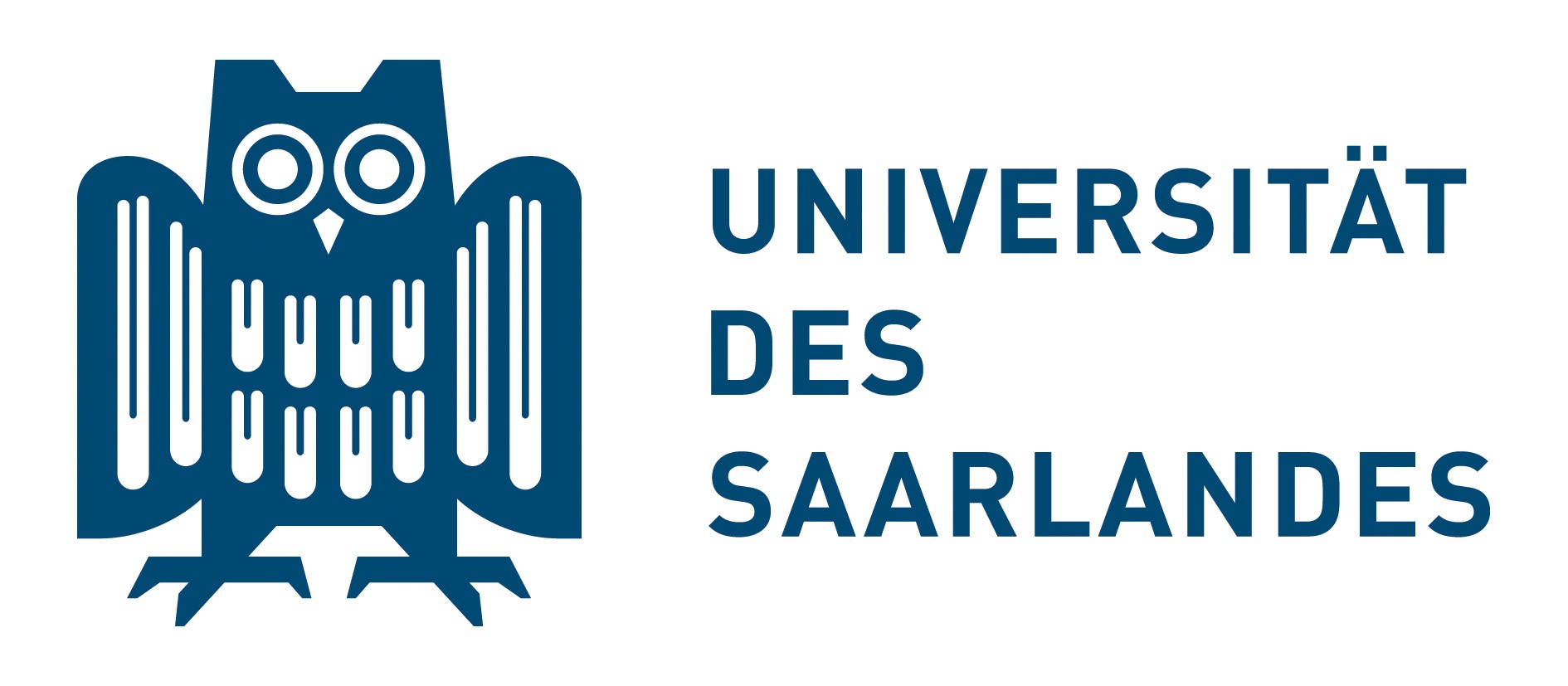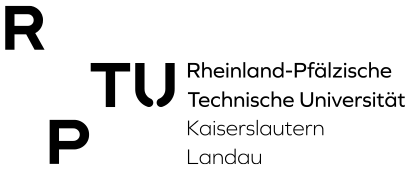Groups and Researchers in this Field
Perceiving Systems
Michael J. Black is one of the founding directors of the Max Planck Institute for Intelligent Systems, where he leads the Perceiving Systems Department. His research addresses a variety of topics relating to computer vision and perception: the statistics of natural scenes and their motion; articulated human motion pose estimation and tracking; the estimation of human body shape from images and video; the representation and detection of motion discontinuities; and the estimation of optical flow. His early work on optical flow has been widely used in Hollywood films. He also does research on neural engineering for brain-machine interfaces and neural prostheses. He is an honorary professor at the University of Tübingen, visiting professor at ETH Zürich, and adjunct professor (research) at Brown University. Read more

Social Computing
Krishna Gummadi heads the Social Computing research group at the Max Planck Institute for Software Systems. He is broadly interested in understanding and building networked and distributed computer systems. Currently, the group's research focuses on social computing systems: an emerging class of societal-scale human-computer systems that facilitate interactions and knowledge exchange between individuals, organizations, and governments in our society. A few examples include social networking sites like Facebook, blogging and microblogging sites like LiveJournal and Twitter, and content sharing sites like YouTube, among many others. Through user studies, examining data, and building systems, the group aims to understand, predict, and control the behavior of their constituent human users and computer systems. Read more

Social Foundations of Computation
Moritz Hardt is a scientific director at the Max Planck Institute for Intelligent Systems, where he leads the Social Foundations of Computation Department. His research contributes to the scientific foundations of machine learning and algorithmic decision making with a focus on social questions. His research interests span four areas: (1) Applying machine learning in social and economic contexts, (2) formulating social and dynamic actions as mathematical models, (3) examining the validity and reliability of statistical methods and the construction of datasets within scientific communities, and (4) the pursuit of normative goals, and in particular, how to formulate values and norms mathematically. Hardt is co-founder of the conference "Fairness, Accountability, and Transparency in Machine Learning." He is co-author of "Fairness and Machine Learning: Limitations and Opportunities" (MIT Press, 2022) and "Patterns, Predictions, and Actions: A Story About Machine Learning" (Princeton University Press, 2022). Read more

Probabilistic Numerics
Philipp Hennig holds the Chair for the Methods of Machine Learning, and is an adjunct scientist at the Max Planck Institute for Intelligent Systems. He studied Physics in Heidelberg, Germany and at Imperial College, London, before moving to the University of Cambridge, UK, where he attained a PhD in the group of Sir David JC MacKay with research on machine learning. Since this time, he is interested in connections between computation and inference. With international collaborators, he helped establish the field of probabilistic numerics. His research was supported, among others, by the Emmy Noether Programme of the German Research Union (DFG), an independent Research Group of the Max Planck Society, and a Starting Grant of the European Commission. Read more
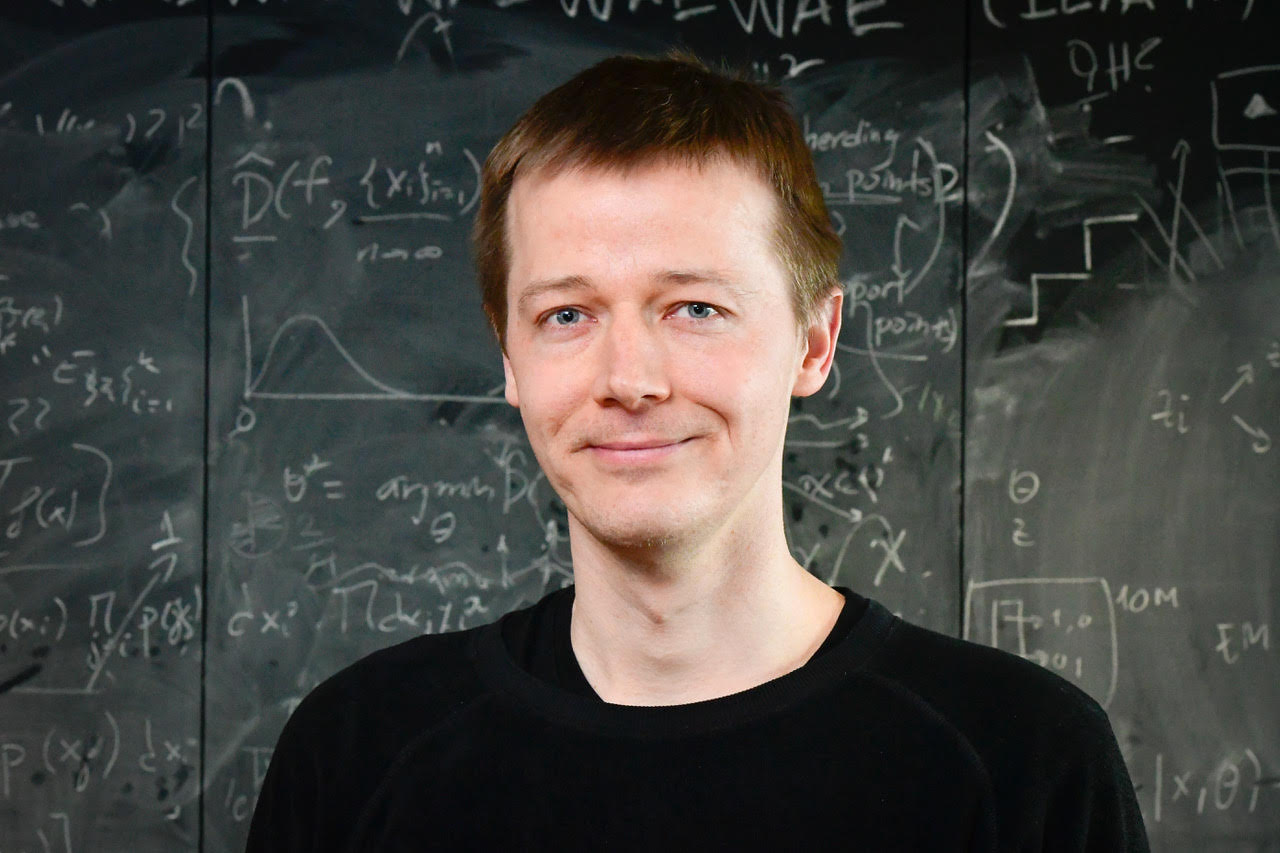
Multi-Agent Systems
Goran Radanović is a research group leader at the Max Planck Institute for Software Systems. He is generally interested in studying AI systems, and more specifically in the design and analysis of systems with intelligent and self-interested agents. Particular topics of his research interest include value-aligned artificial intelligence, human-AI collaboration, and decision making systems with societally-aware utility functions. His research utilizes tools from game theory (esp. mechanism design), machine learning (esp. reinforcement learning), and human-centered AI (esp. crowdsourcing). His work covers both theoretical and practical aspects of problem instances related to his research topics. Read more

Machine Learning and Large-scale Data Mining Methods
Manuel Gomez Rodriguez is a research group leader at the Max Planck Institute for Software Systems. He is interested in developing machine learning and large-scale data mining methods for analysis and modeling of large real-world networks and processes that take place over them. His research comprises several dimensions: developing models of these networks and processes, assessing their theoretical properties and limitations; developing machine learning algorithms to fit the models and computational methods to influence processes over networks; and validating models and methods on gigabite- and terabyte-scale real-world datasets. Ultimately, he aims to provide computational tools with applications in a variety of domains, e.g. social and information sciences, economics, decision theory, causality, and epidemiology. Read more

Rationality Enhancement
Falk Lieder leads the Rationality Enhancement Group at the MPI for Intelligent Systems in Tübingen. Our mission is to lay the scientific and technological foundations for helping people thrive. To achieve this, our research focuses on three key aspects of human effectiveness: cognitive growth, goal setting, and goal achievement. Our approach combines computational modeling, behavioral experiments, artificial intelligence, and machine learning with developing practical tools and interventions. To promote cognitive growth, we investigate the mechanisms of metacognitive learning and translate the resulting insights into cognitive tutors that teach people optimal decision strategies, brain training programs for improving people’s executive functions, and reflective learning apps for self-improvement. Our research on goal-setting investigates what makes goals effective, builds computational models of optimal goal-setting, and develops intelligent apps that help people (learn to) set better goals. Our research on goal-achievement develops intelligent personal assistants and productivity apps that help people achieve their goals more effectively. Read more
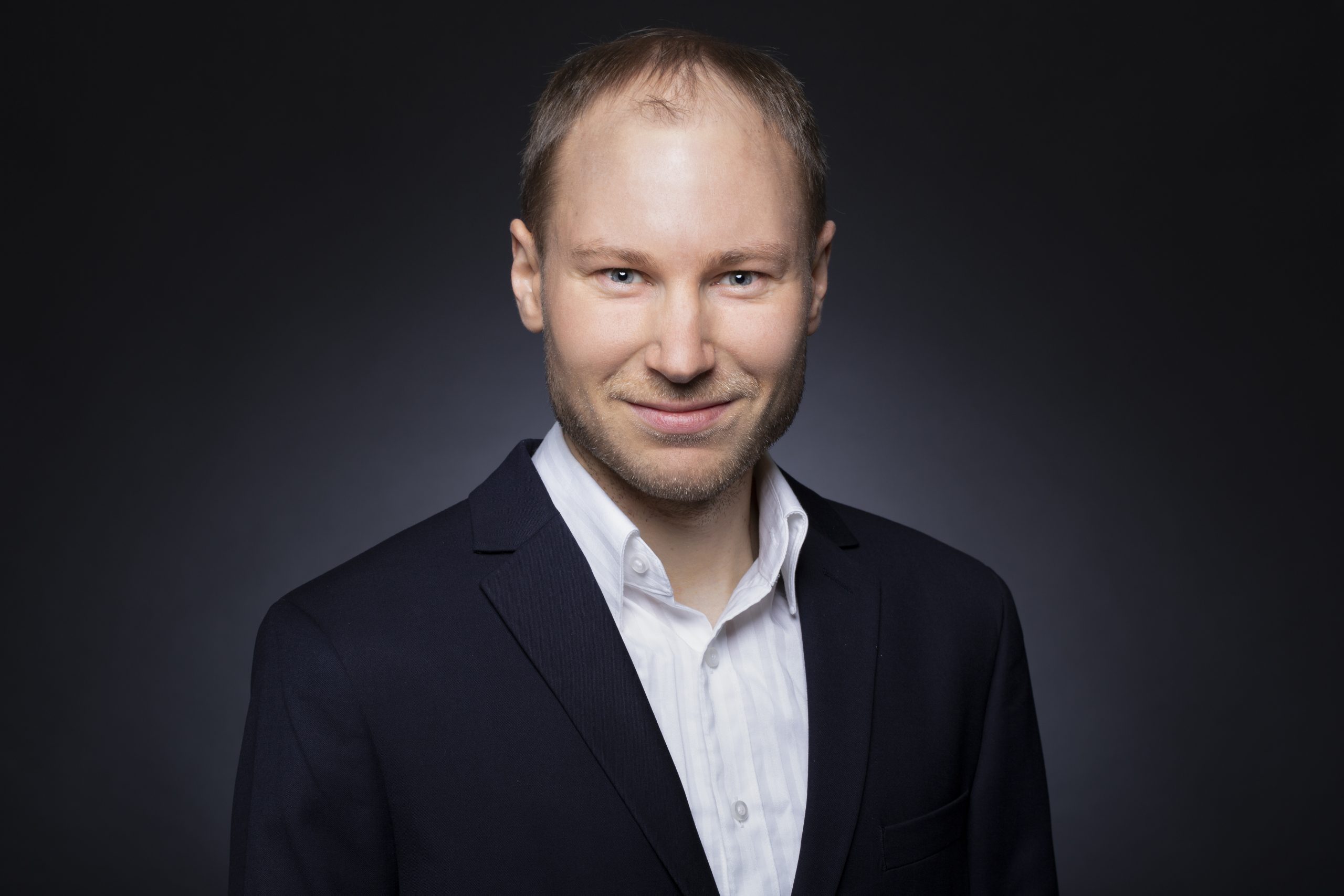
Learning and Dynamical Systems
Michael Muehlebach is leading the independent research group Learning and Dynamical Systems at the Max Planck Institute for Intelligent Systems in Tuebingen, Germany. He is interested in a wide variety of subjects, including machine learning, dynamics, control, and optimization. Some of his recent work deals with large-scale constrained optimization in a machine learning context, stochastic minimax optimization, adaptive decision-making and reinforcement learning. While rigorous theory and mathematical analysis forms the basis of his research, he also likes to evaluate his algorithms in experiments with real-world cyber-physical or robotic systems, such as balancing robots or flying vehicles. Throughout his career Michael has received numerous awards, such as the ETH Medal and the HILTI prize for innovative research, and he was awarded the Branco Weiss and Emmy Noether Fellowship. Read more
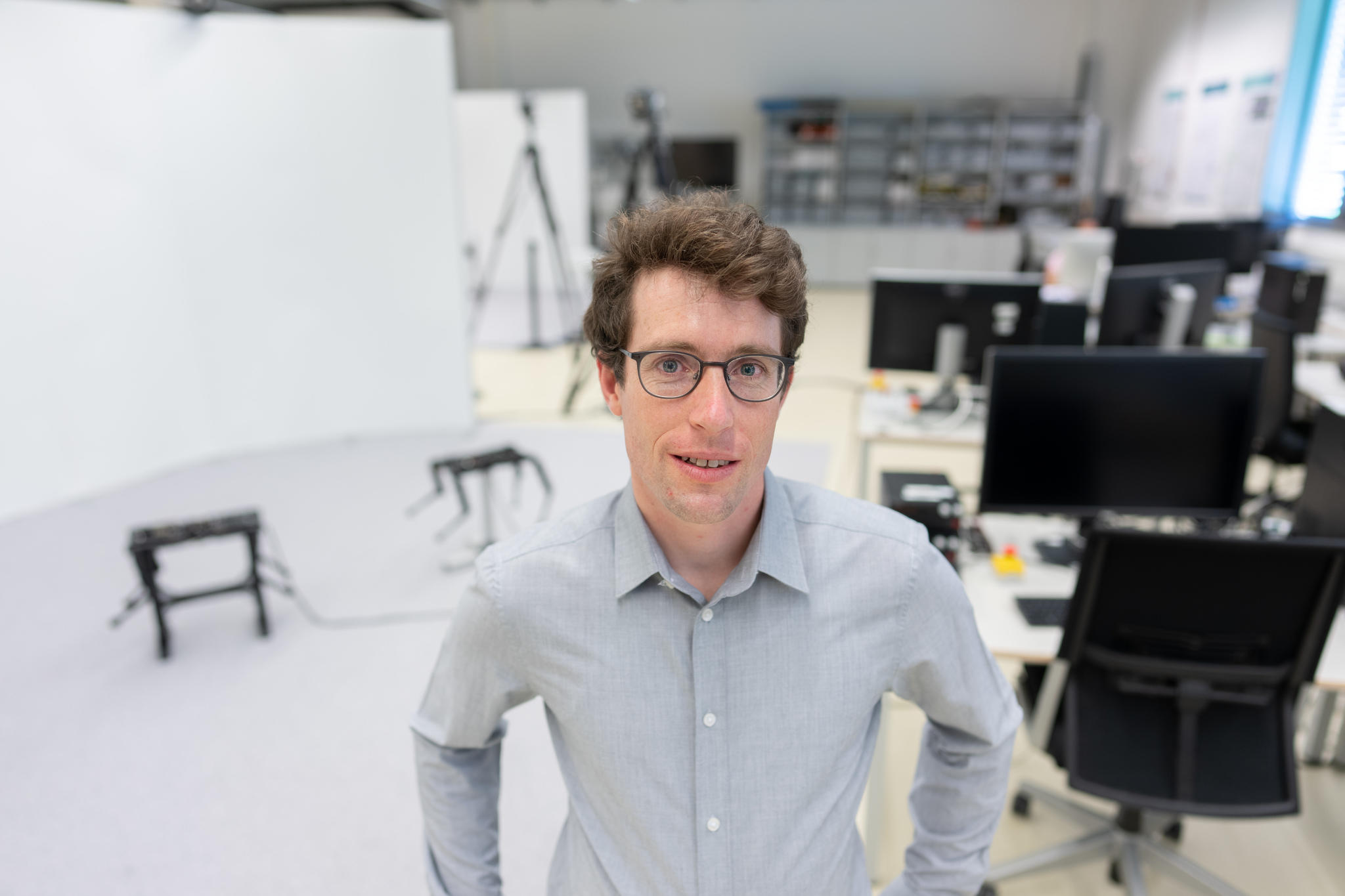
Real Virtual Humans
Gerard Pons-Moll is the head of the Emmy Noether independent research group "Real Virtual Humans" and senior researcher at the Max Planck for Informatics (MPII) in Saarbrücken. His research lies at the intersection of computer vision, machine learning and computer graphics -- with special focus on analyzing people in videos, and creating virtual human models by "looking" at real ones. His research has produced some of the most advanced statistical human body models of pose, shape, soft-tissue and clothing, as well as algorithms to track and reconstruct 3D people models from images, video, depth, and IMUs. His work has received several awards including the prestigious Emmy Noether Grant (2018), a Google Faculty Research Award (2019), a Facebook Reality Labs Faculty Award (2018), and recently the German Pattern Recognition Award (2019), and several best paper awards. Read more

Computer Vision
Bernt Schiele is the founder of the Computer Vision and Multimodal Computing Department at the Max Planck Institute for Informatics, and head of its Computer Vision research area. His group focuses on multimodal sensor processing as well as computer vision. In computer vision, they consider problems of 3D understanding of images and video, such as object class recognition, people detection and tracking, and understanding traffic scenes. In multimodal computing, they are focusing on human activity recognition as a means to study how ubiquitous or wearable computing may benefit from better sensor understanding. Their research also involves machine learning, which is instrumental to inferring higher-level information from noisy sensor data and handling large-scale multimodal databases and sensor streams. Read more

Empirical Inference
Bernhard Schölkopf directs the Empirical Inference Department at the Max Planck Institute for Intelligent Systems. The department investigates problems of empirical inference, i.e. inference based on empirical data. The type of inference can vary, including for instance inductive learning (estimation of models such as functional dependencies that generalize to novel data sampled from the same underlying distribution), or the inference of causal structures from statistical data (leading to models that provide insight into the underlying mechanisms, and make predictions about the effect of interventions). Empirical data may also vary, from sparse experimental measurements (e.g. microarray data) to visual patterns. The department uses theoretical, algorithmic, and experimental approaches to study these problems. Read more
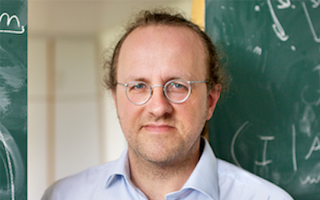
Machine Teaching
Adish Singla is a faculty member at the Max Planck Institute for Software Systems. He is interested in the design of AI-ML methods that interact with, learn from, and teach other learning entities such as humans, robots, and machines. His research interests span various application domains, including the design of intelligent tutoring systems for personalized education, social robotics, and adversarial machine learning. The theoretical aspects of his work include machine learning (esp. online, active), AI (esp. probabilistic modeling), and optimization (esp. submodular). The focus is towards designing principled techniques that are both theoretically well-founded with strong provable guarantees and are practically applicable. Read more
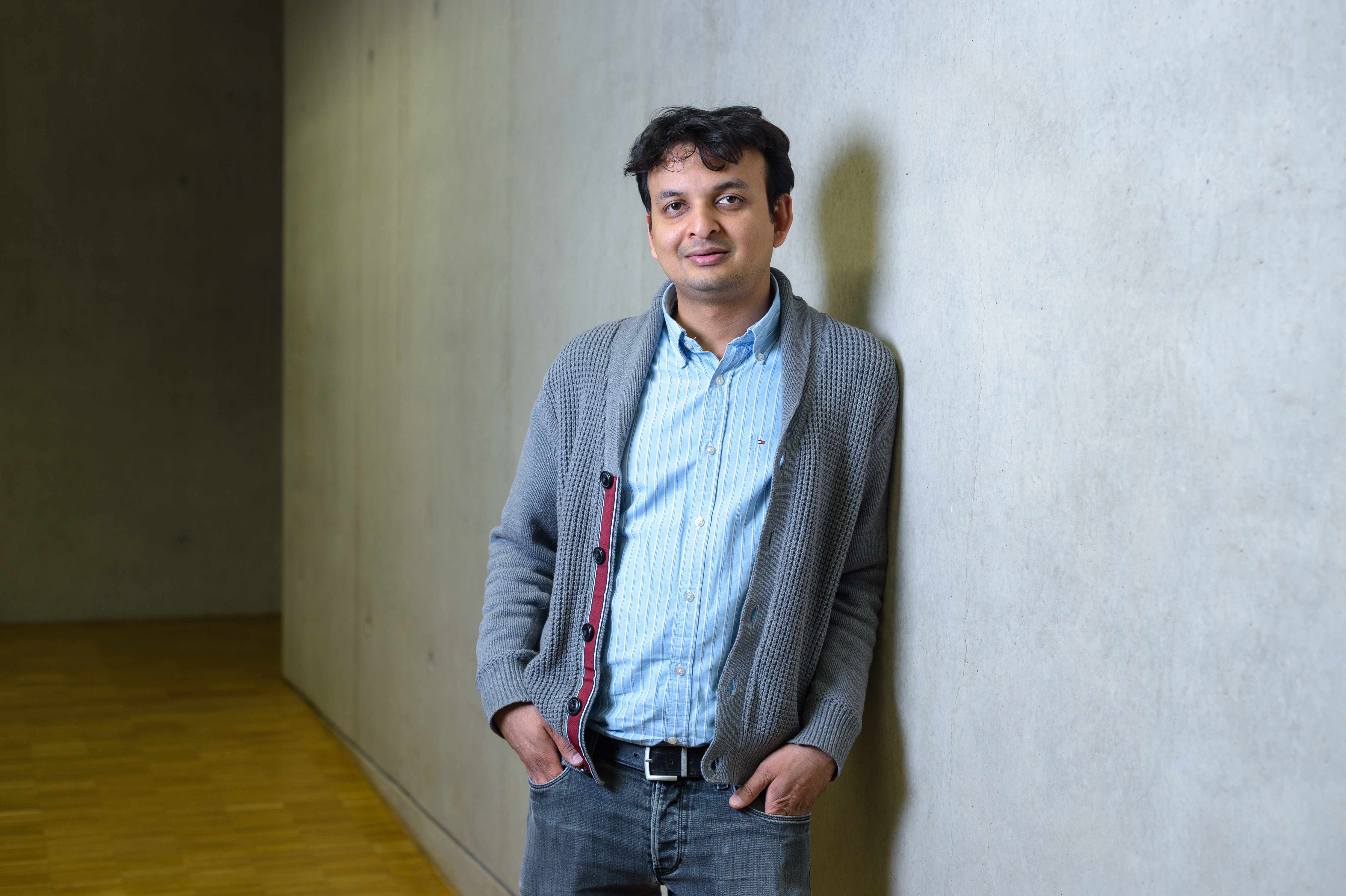
Bridging AI and Neuroscience
Mariya Toneva’s research is at the intersection of Machine Learning, Natural Language Processing, and Neuroscience. Her group bridges language in machines with language in the brain, with a focus on building computational models of language processing in the brain that can also improve natural language processing systems. Prior to joining MPI-SWS, she is conducting research as a C.V. Starr Fellow at the Princeton Neuroscience Institute. She received her Ph.D. in a joint program between Machine Learning and Neural Computation from Carnegie Mellon University. Read more
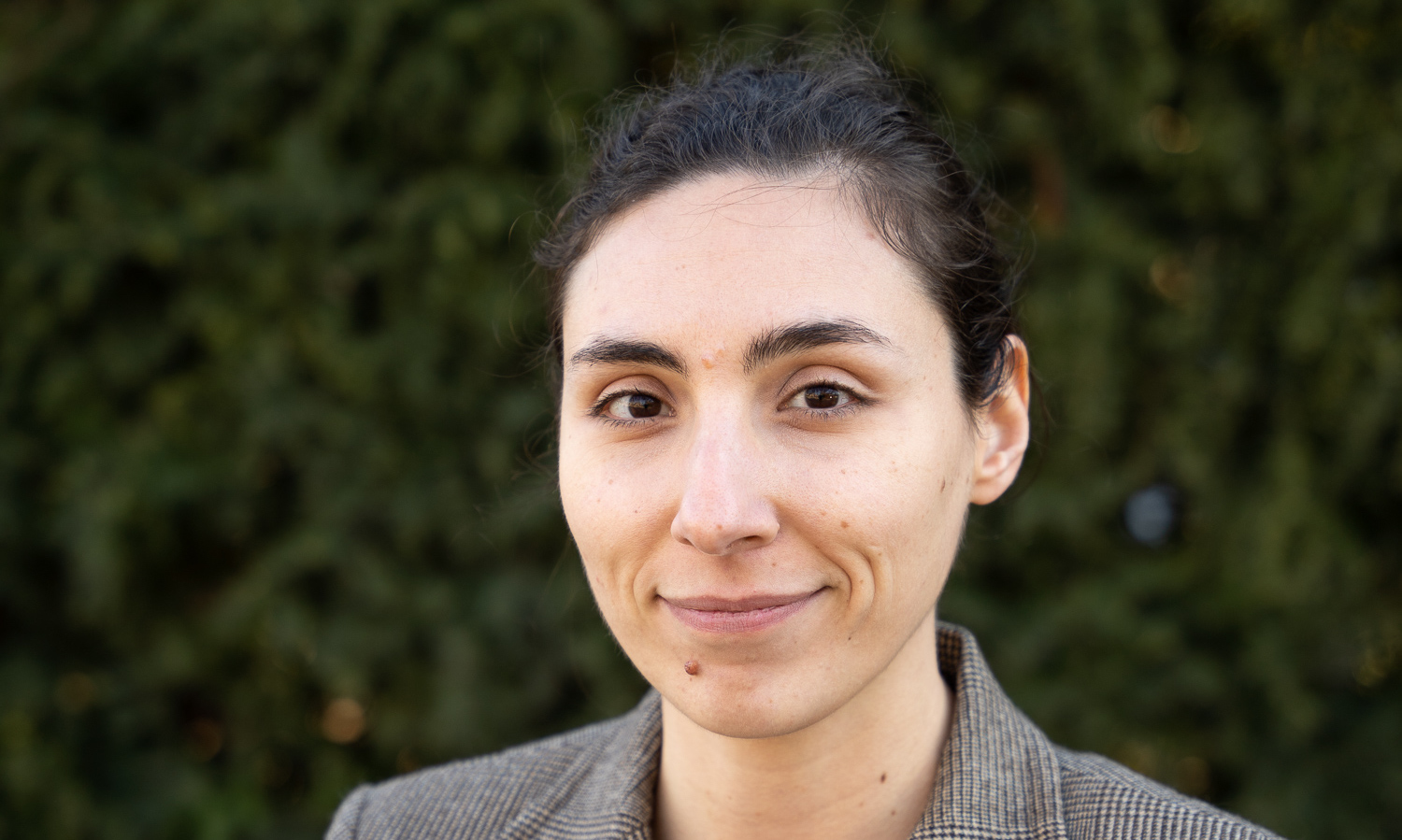
Intelligent Control Systems Group
Sebastian Trimpe is a Max Planck and Cyber Valley Research Group Leader at the Max Planck Institute (MPI) for Intelligent Systems in Stuttgart, Germany. Sebastian leads the independent Max Planck Research Group on Intelligent Control Systems, which focusses on fundamental research at the intersection of control, machine learning, networks, and robotics. With his group, he develops fundamental methods and algorithms that enable robots and other intelligent systems to interact with their environment through feedback, autonomously learn from data, and interconnect with each other to form collaborative networks. Turning mathematical and theoretical insight into enhanced autonomy and performance of real-world physical systems is an important and driving facet of their work. Read more
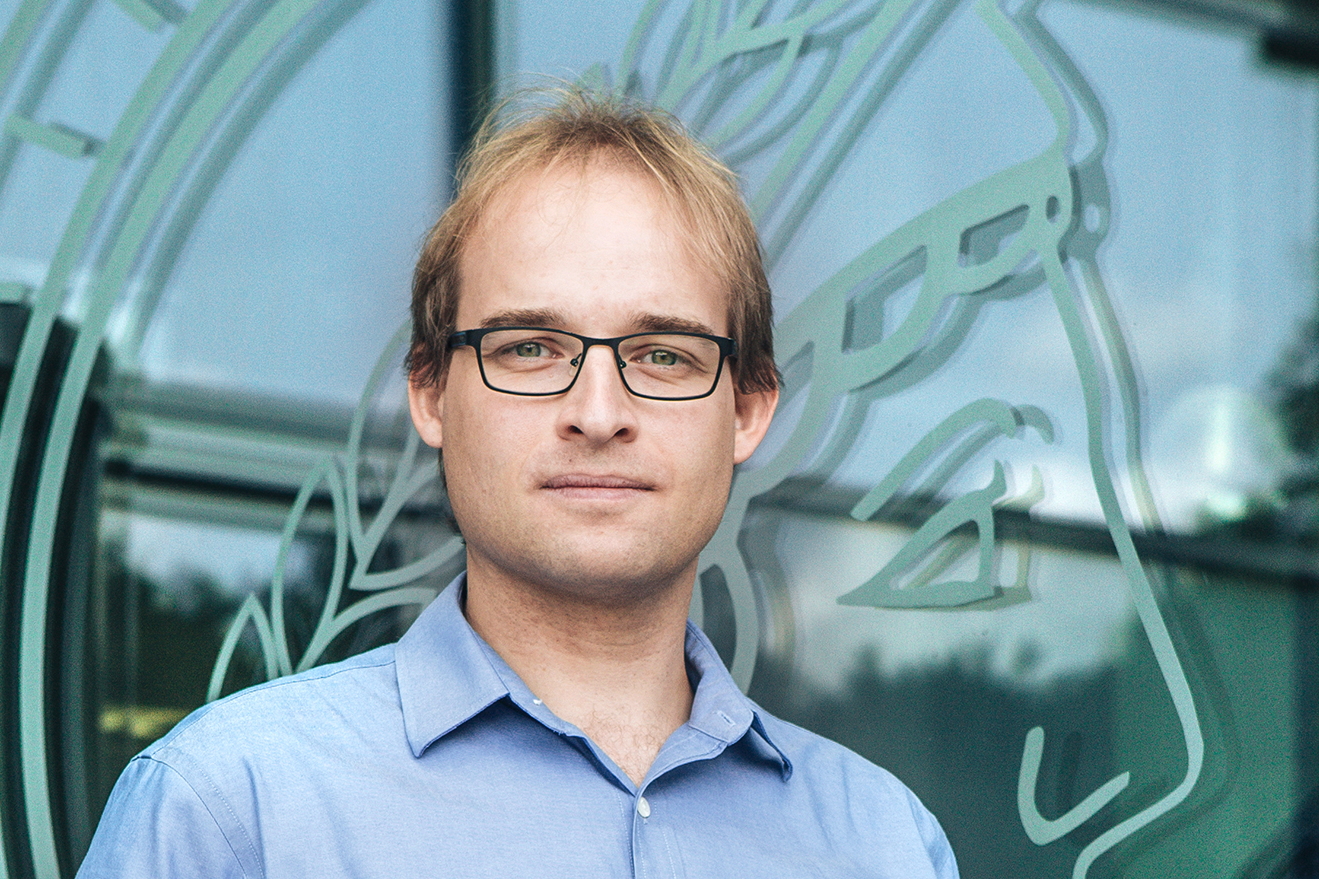
Exploratory Data Analysis
Jilles Vreeken is a senior researcher in the Databases and Information Systems Department at the Max Planck Institute for Informatics, and leads the Exploratory Data Analysis independent research group at the Cluster of Excellence on Multimodal Computing and Interaction. His research focuses on exploratory data mining: developing theory and algorithms to identify interesting structures within given data. Of particular value here are statistical methods, such as information-theoretic principles of minimum description length and maximum entropy. Next, he develops efficient algorithms to extract these structures from large and complex data, and investigates how they can be used in a range of applications, including identifying rare diseases, e-health, bio-informatics, market analysis, product recommendation, etc. Read more

